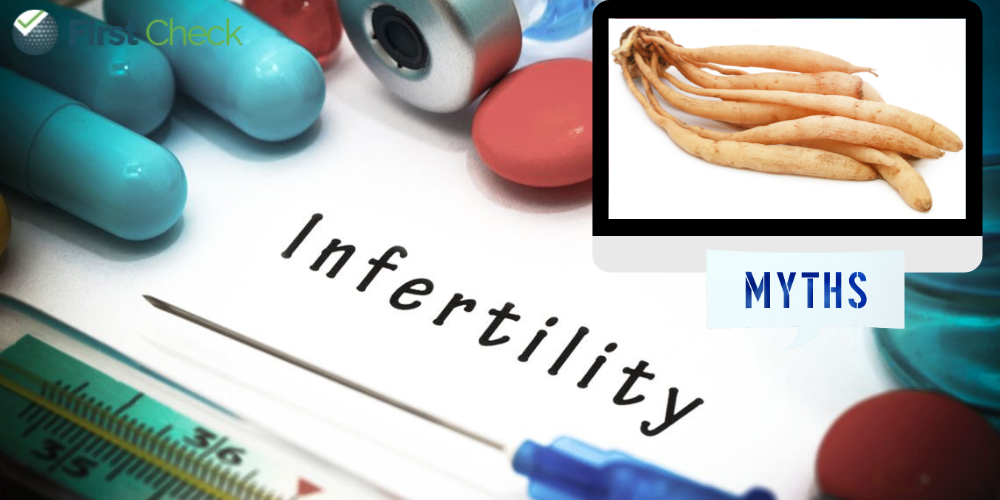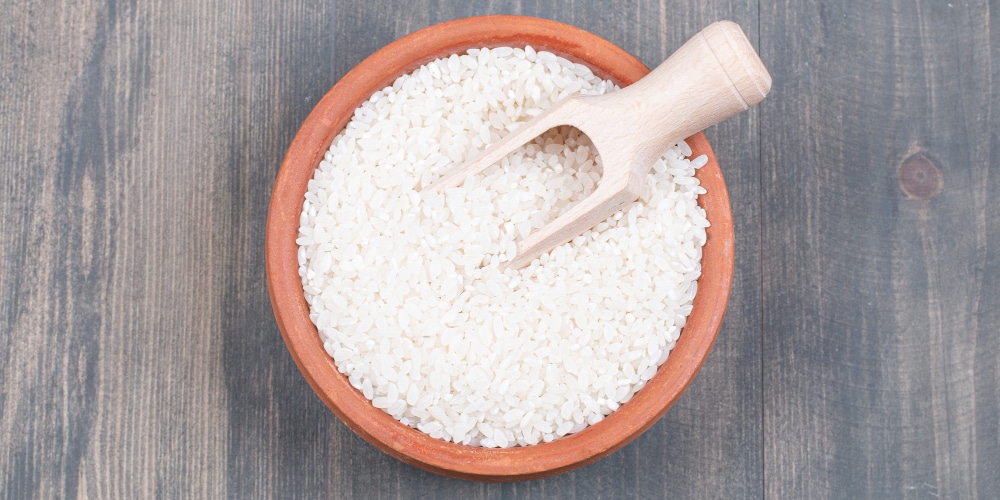Fact-check: ‘Natural’ remedies can’t cure asthma
Author
Author
- admin / 4 years

- 0
- 3 min read

Author
Debunking four misleading claims about home-based remedies for the major noncommunicable disease among adults and the most common chronic disease among children.
A YouTube video claiming that home-based remedies can provide a ‘natural’ cure for Asthma, in the case of adults as well as children, has garnered over 80K views. The video basically makes four misleading claims about ways to beat Asthma, a major noncommunicable disease, and the most common chronic disease among children.
Claim 1: Honey can cure Asthma.
Fact: While honey is often helpful as a cough suppressant, there is no scientific evidence to prove that it can cure Asthma. Incidentally, an animal study yielded positive results, but it still needs to be tested on humans.
Claim 2: A massage with mustard oil and camphor clears the respiratory passages.
Fact: Camphor and mustard oil massage is a traditional home remedy used for varied issues. However, there is no science-backed evidence about its efficacy in treating asthma. A recent study reviewed the medicinal properties of camphor that could be beneficial for asthma patients, albeit the research was not participant-based. Also, there was no mention of mustard oil in the study.
Claim 3: Consuming figs, soaked in water, provides relief to asthma patients.
Fact: “There is no evidence to prove that soaked figs give any relief to asthma patients,” says Dr Aravind Sai Kalinga, a consultant pulmonologist based in Hyderabad, India. “The foods that help to deal with Asthma are high protein diets that include vitamins C and E, beta-carotene, flavonoids, magnesium, selenium, and omega-3 fatty acids,” he adds.
Claim 4: Onions reduce lung inflammation and are helpful in easing the air passageways.
Fact: Given that Asthma is an inflammatory condition characterised by airway hyperresponsiveness and chronic inflammation, this could be good news. A study, on mice, found that Allium cepa L. (onion) extract does have the potential to be used as an anti-asthmatic drug. However, we need further studies on humans to understand this better.
According to the World Health Organization (WHO), most asthma-related deaths occur in low- and lower-middle-income countries, where under-diagnosis and under-treatment is a challenge. While there’s no cure yet for asthma, most symptoms can be treated and controlled with asthma medications.
“Some home remedies may help you manage symptoms of asthma, but they can’t really clear respiratory passages. It’s better to seek timely medical care,” suggests Dr Aravind Sai. It’s important to talk to your doctor before trying any home remedies or alternative asthma treatments. Also, never stop prescribed medications or any medical treatment without your doctor’s knowledge.










